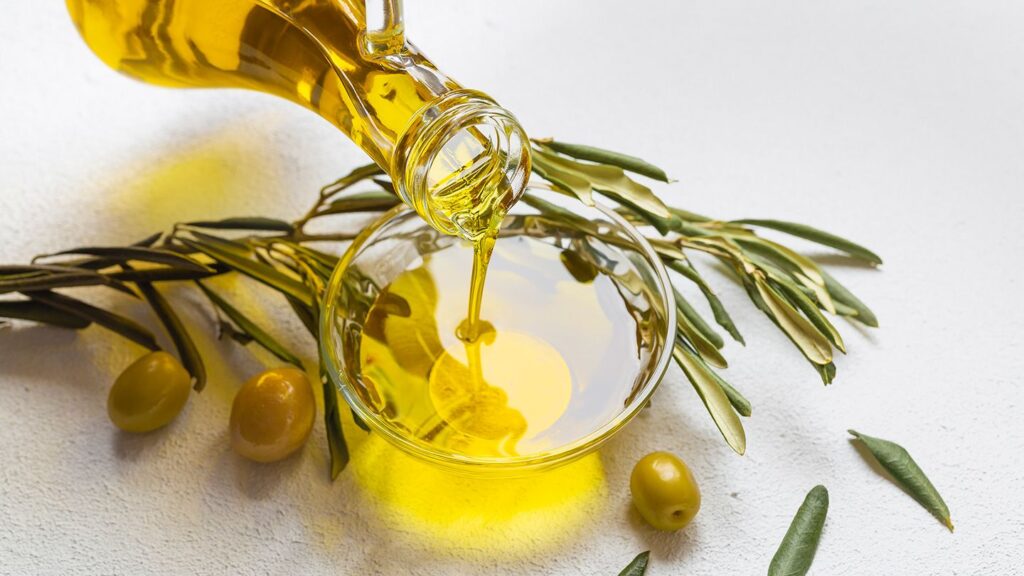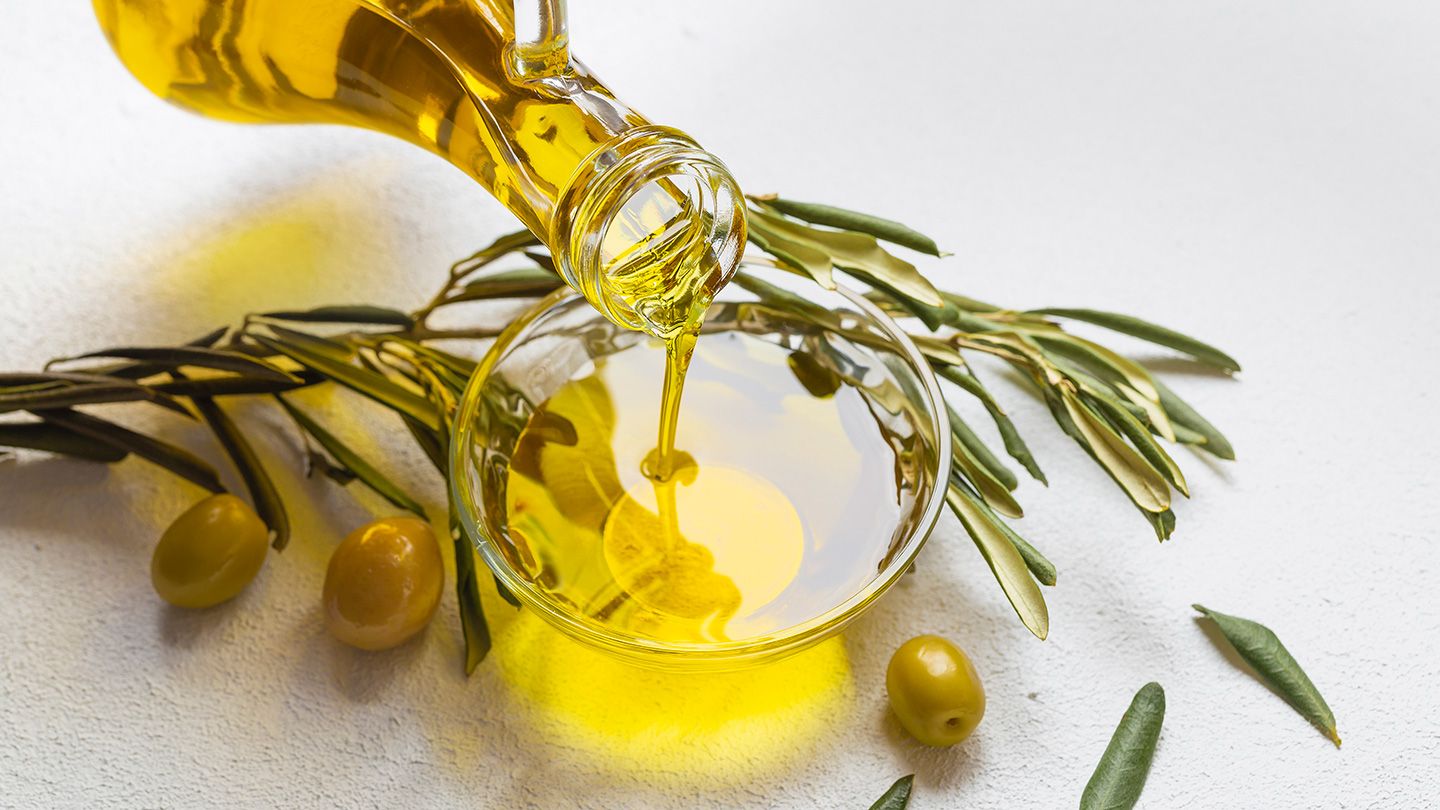Olive oil is a staple item in your kitchen. But even if it is a staple, it still is expensive. Despite this, it still is a worthy addition to the kitchen. It is healthy, useful, and can make every food taste sumptuous. This is why many chefs and cooks prefer to buy gourmet olive oil.
Different Types of Olive Oil
When you go to the grocery shop, you will realize that there are various types of olive oil. An intergovernmental organization called International Olive Council (IOC) is the one responsible for establishing the standards for olive oil production. Through this, it is easier to differentiate the types of olive oil.
There are seven types of olive oil according to the IOC. These are Extra Virgin, Virgin, Regular, Refined, Virgin Olive which is not suitable for consumption, Olive Pomace, and Olive Oil.
Several factors determine the types of olive oil. These are the amount of free fatty acid content, flavor and odor, and the amount of time required for product processing.

How to Choose the Right Olive Oil
It’s one thing to determine the different types of olive oil, but picking the best gourmet olive oil is more complicated. These facts are not always specified on the labels. On the other hand, manufacturers would always persuade buyers to choose their product, claiming it’s better than the rest.
It’s easy to ensure the quality and standards of olive oil in countries that comply with the International Olive Council specifications such as the United States, Canada, and Australia. If you reside outside of these countries, you have to consider the long travel time from the Mediterranean. The oil’s exposure to heat and light may have adverse effects on its quality.
The best Olive Oil for Cooking
When it comes to culinary applications, olive oil has two major uses. It is used for flavoring like when it is used for salad dressing or as a dipping sauce. You would want a fruity and flavorful olive oil for this purpose to dominate the taste of bread or salad.
Olive oil is also used as a cooking oil. This is used when sauteéing meat or stir-frying vegetables. In this situation, you have to be cautious about how much the olive oil is being heated. You also have to consider how much of the flavor you want to be left in the dish once the stove is turned off. However, it is worth noting that olive oil is more fragrant when it is not cooked.

